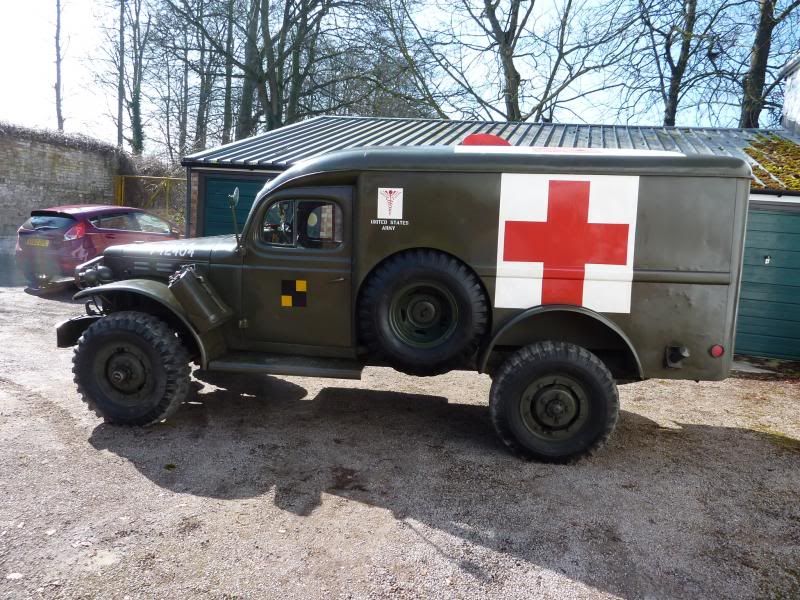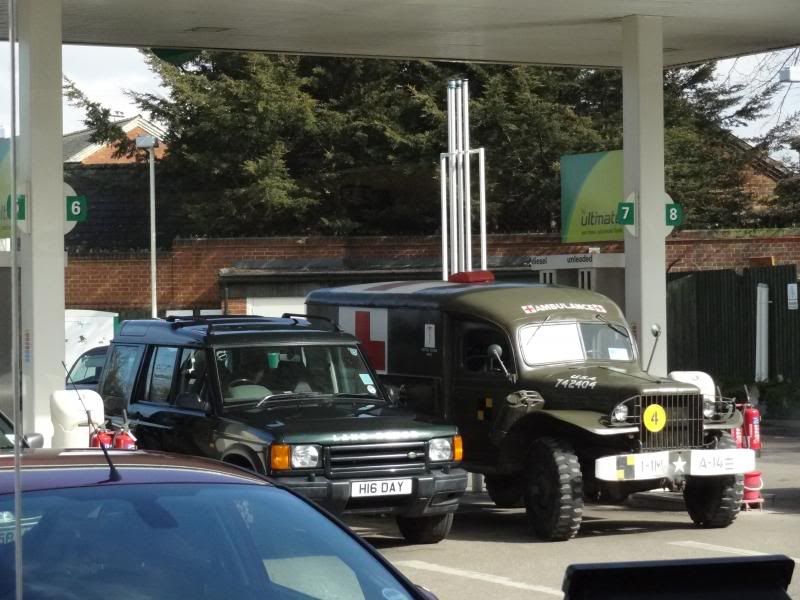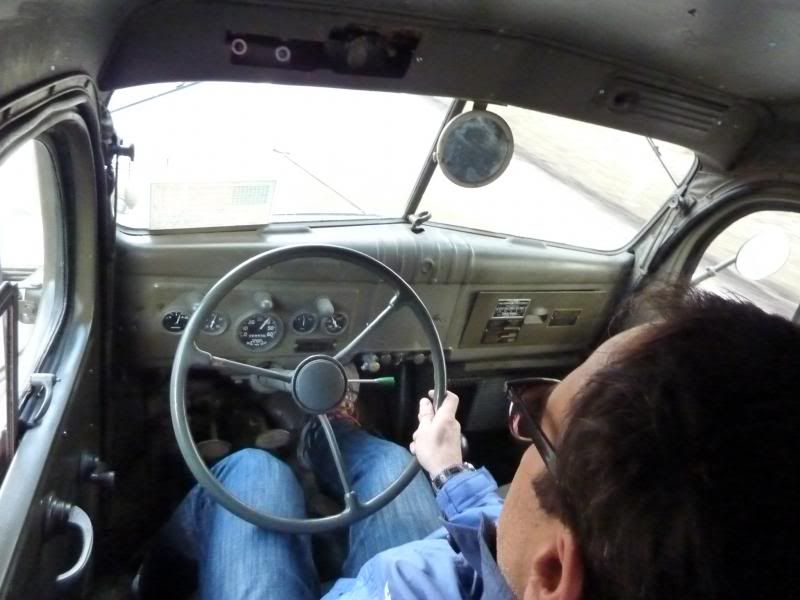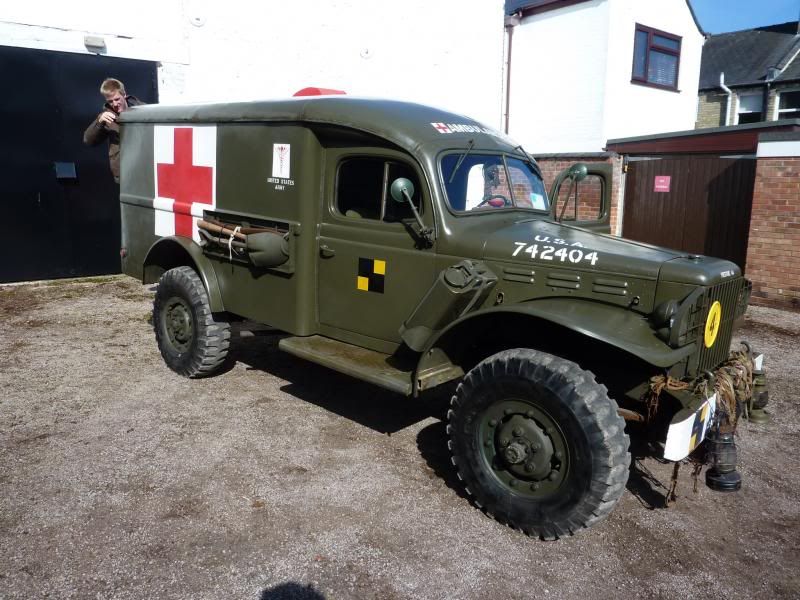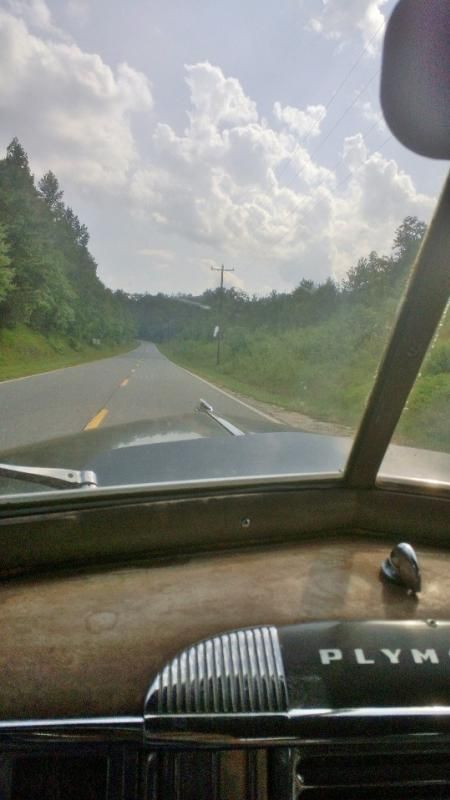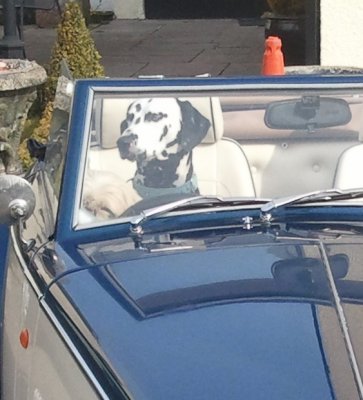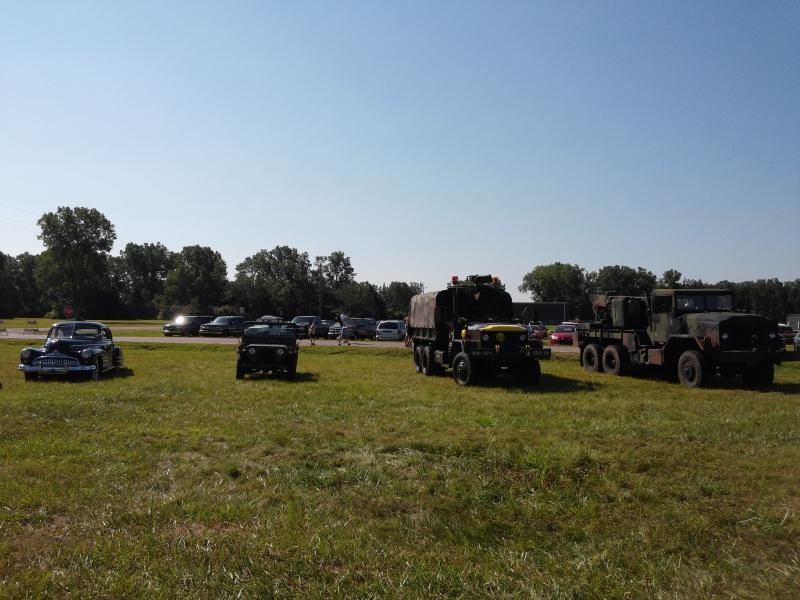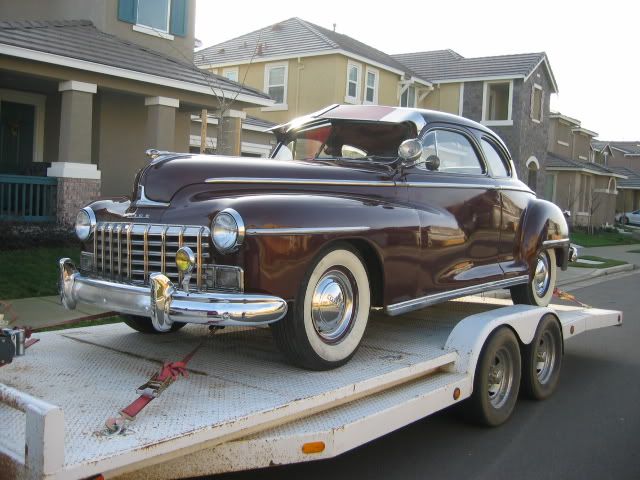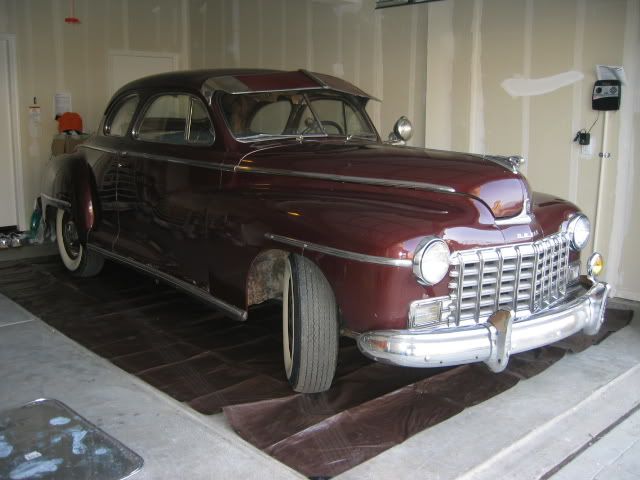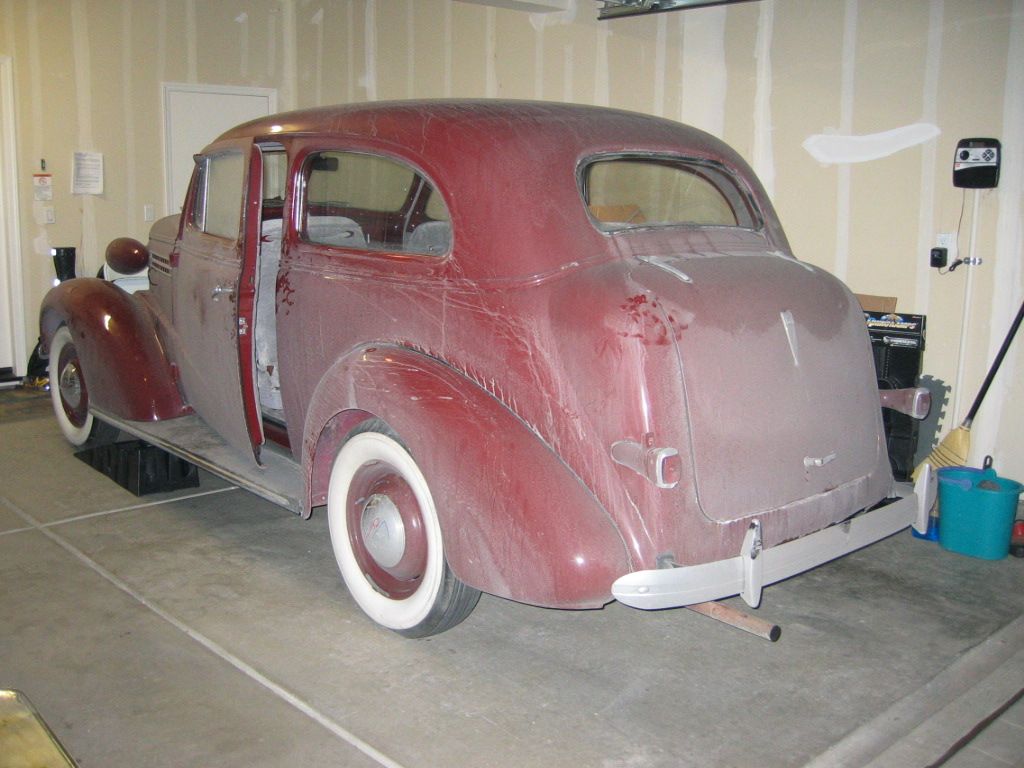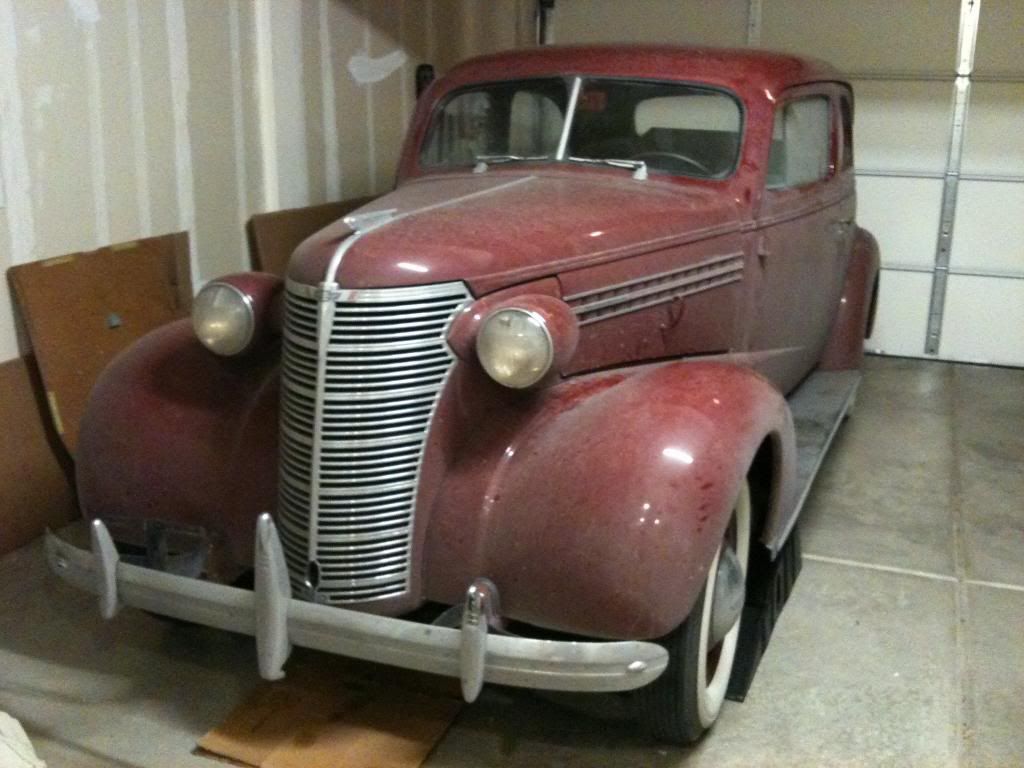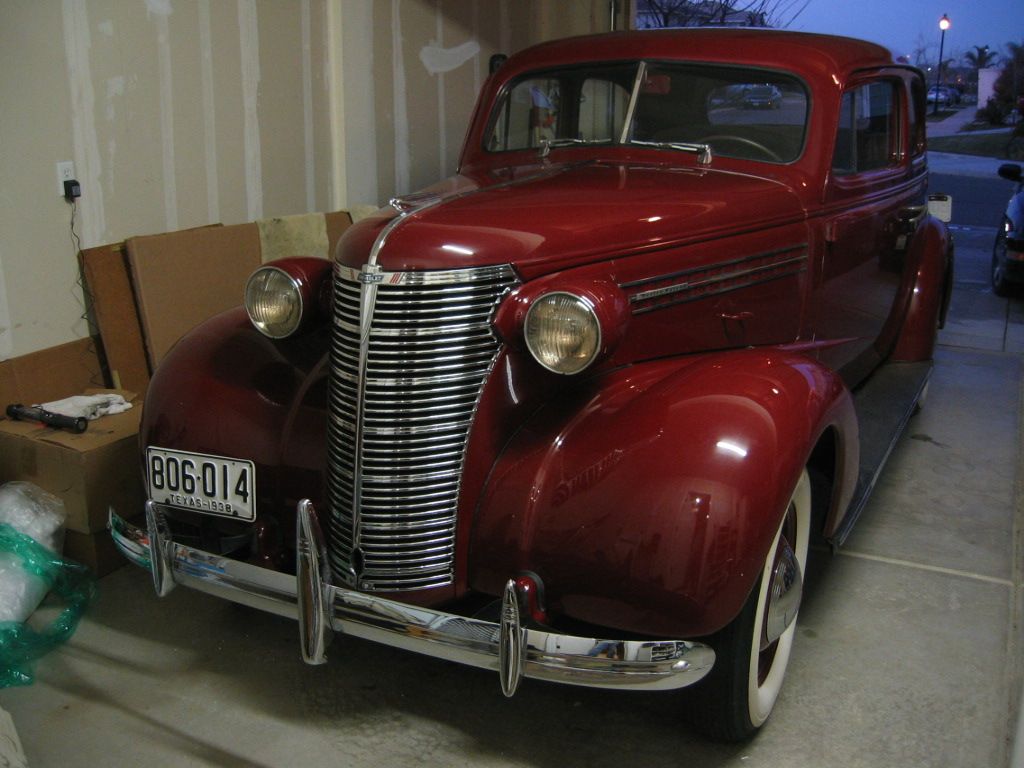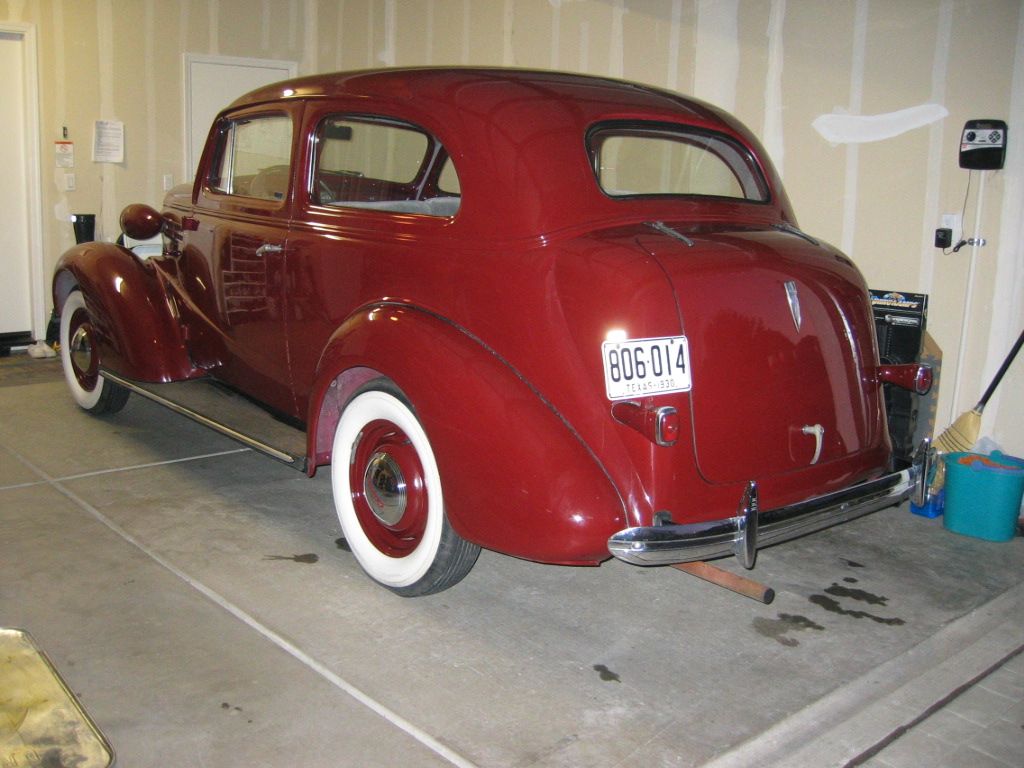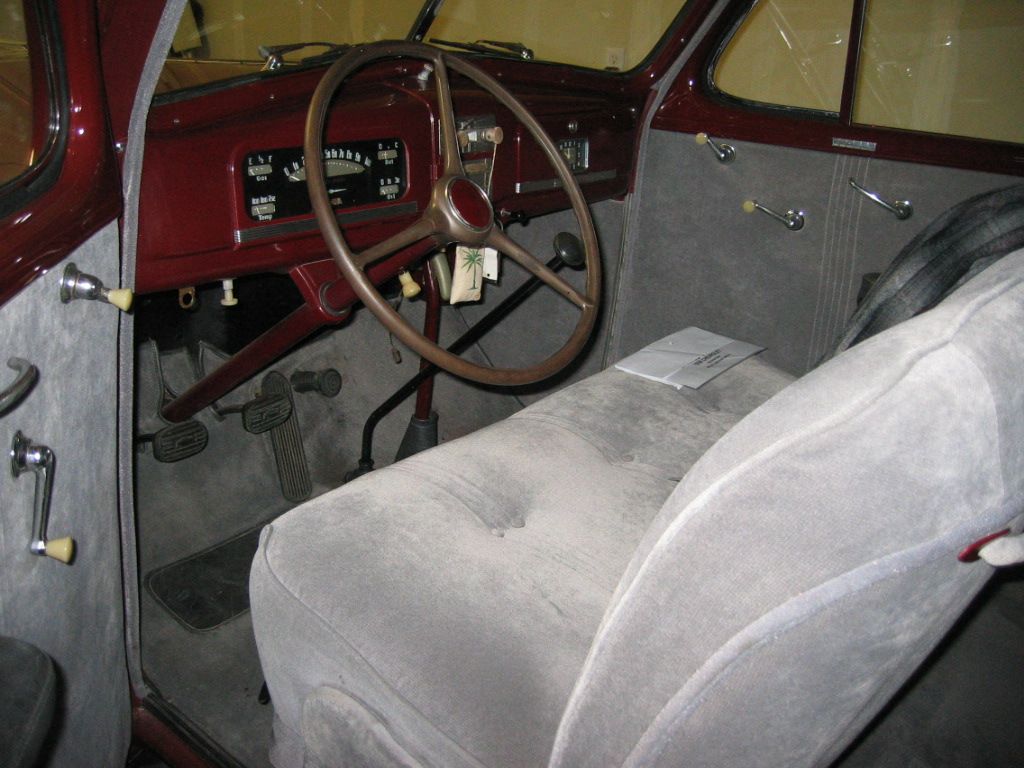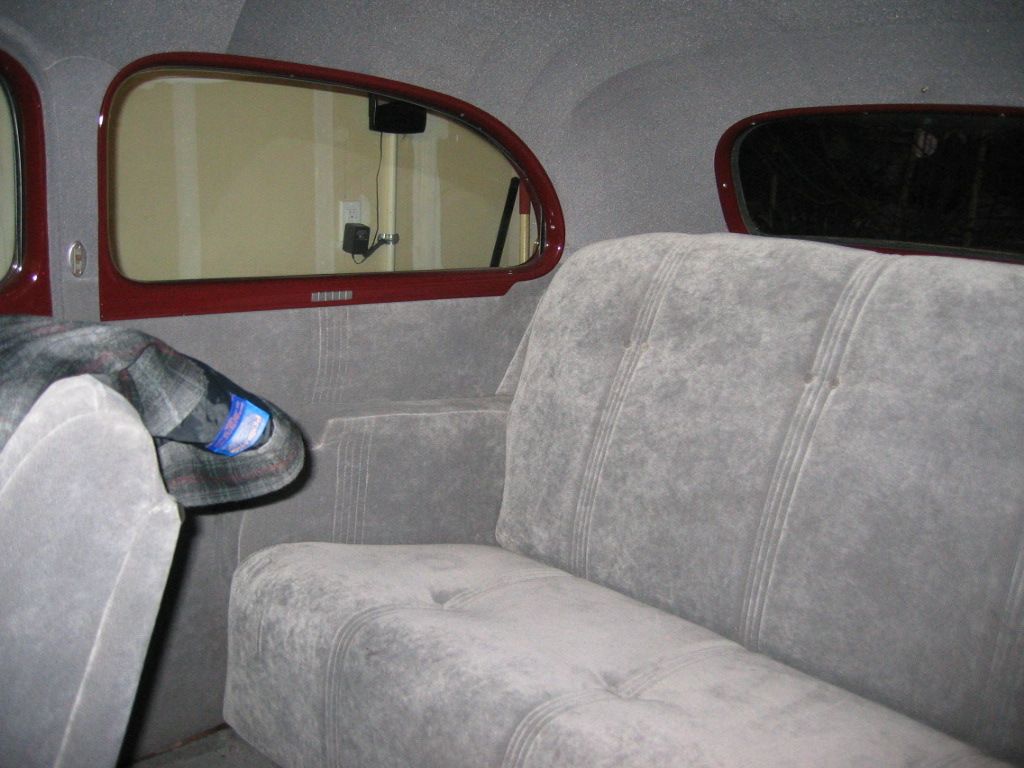- Messages
- 10,904
- Location
- Pardeeville, Wis.
Surprises me. I had a zillion receipts for things done from tune-ups, carb rebuilds, and well, I listed it all before, plus what I did myself, after I bought it. They still need the idle adjusted here and there to keep them starting and warming up easily. There is no way around the occasional tinkering with a vintage car.
My Grandpa told me he had to do plenty of maintenance on his cars back when, too. It's wonderful you have all those records.
Heck, even my newer cars are frequently going to the shop. Case in point, the Caddy's acting up....AGAIN!
It doesn't have to cost a lot if you do your own work. Last car I tuned up this way was a slant six 1970 Dodge. I had to make a heat stove for the exhaust manifold, get a new flexible pipe to the air filter, a new vacuum valve for the air filter, and an automatic choke spring. All this cost less than $100 including a carburetor kit. It totally transformed the car, from being slightly hard to start, and taking a few minutes to warm up, to starting first turn of the key, hot or cold, and ready to drive right away. It also warmed up quicker and got better mileage.
All this was after doing a regular tuneup, something older cars require as a matter of course.
I wouldn't have believed it myself until I tried it but the car was transformed. I always thought smog era cars were prone to drivability problems, not necessarily so if they are in top shape and tuned to manufacturer's specs. Afterwards I kicked myself for putting up with a slightly bad running car for so long, when the fix was so easy and cheap.
My Grandpa told me he had to do plenty of maintenance on his cars back when, too. It's wonderful you have all those records.
Heck, even my newer cars are frequently going to the shop. Case in point, the Caddy's acting up....AGAIN!
Good point. Part of the fun is "messing with" an older car. I just wish I was a good enough mechanic to do more than just "mess with" my old cars. Should anything beyond simple arise, I have to take it to a mechanic, and that can cost a few bucks for sure.
I think what a lot (if not most) people either don't know or have forgotten is "back in the day" cars took a lot of routine maintenance to keep them in good running condition. I'm lucky enough to have all my Dad's old tax records from 1949 to the last one he filed in 2007. In those early records, he saved every receipt he had for the year. They are a wealth of information on a lot of things, but for the point of this discussion I'll keep it to car repair.
During the time of his early tax records, my Dad had a 1949 Chevy, a 1951 Chevy, a 1953 Olds 88, and a 1955 Olds 98. All were very sound automobiles, bought new, and on the upper end of the line for the day. In his old tax records are a ton of receipts from Tux Bowers Motors (where he bought the cars and had them serviced). I don't believe a month went by that there wasn't a receipt for something being done to those cars. Nothing major, but small things like "checking a rattle" or replacing a light. Of course there was the ever present routine maintenance of changing the oil, greasing, tune-ups, etc. My point is, there seemed to always be something to do to keep the car in top running condition. My Dad was a stickler for a good running car, so he may have been a little out of the norm for service, but it did take some work to keep the cars in good shape.
